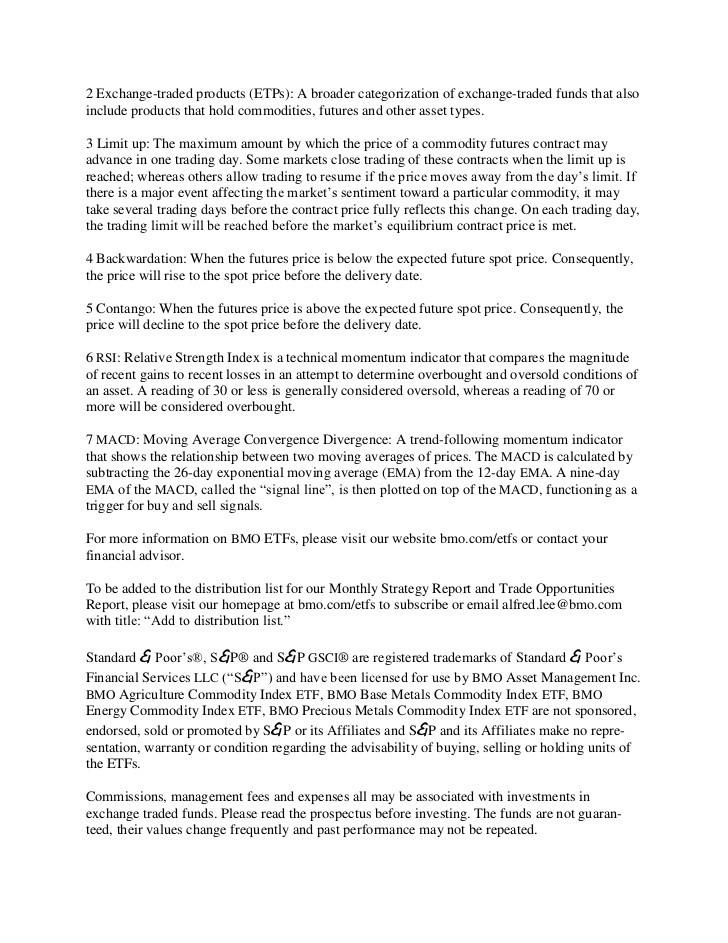Investor losses in leveraged ETFs and inverse ETFs or ExchangeTraded Funds prompt investigation by
Post on: 13 Апрель, 2015 No Comment

Following recent warnings from the SEC and the Financial Industry Regulatory Authority (FINRA ) regarding the dangers of leveraged and inverse exchange-traded funds (ETFs), the law firms of Vernon Healy and McCabe Rabin. P.A. announced that they are investigating investor losses in these complex and dangerous financial products.
ETFs are investment vehicles that track an underlying benchmark or index, much like a traditional mutual fund. Unlike mutual funds, non-traditional ETFs typically trade throughout the day on securities exchanges like stocks. Over the last several years, ETFs have become more common, but also more complex. Rather than merely track underlying indices or benchmarks, some non-traditional ETFs have been devised to multiply or return the opposite of a given benchmark.
Thus, leveraged ETFs use futures or derivatives to multiply the daily return of a given index, such as the S&P 500, and sometimes strive to double or even triple the daily return. Leveraged ETFs are frequently marketed with the term “Ultra” or “2X” in their ETF trade name. Likewise, inverse ETFs seek to return the opposite of a given index, or double or triple the opposite of an index. Inverse ETFs are often marketed as a way to hedge an investment strategy and they frequently carry the term “Short” or “Ultra Short” in their ETF trade names.
The SEC and FINRA recently warned that leveraged ETFs and inverse ETFs are extremely complex products that carry a great deal of risk. These products are typically designed to meet their stated objectives on a daily basis.
They are not designed to be held for long periods of time, and FINRA has warned that inverse ETFs and leveraged ETFs may not be suitable for retail investors who plan to hold them for more than one trading session, particularly in volatile markets.
Leveraged and inverse ETF’s suffered dramatic losses following the market volatility of 2008 and 2009. Commonly sold ETFs during this time included the following:
ProShares Ultra Short Real Estate Fund (SRS )
ProShares UltraShort Dow 30 ETF (DXD )
ProShares UltraShort Financials ETF (SKF )
ProShares UltraShort FTSE/Xinhua China 25 ETF (FXP )
ProShares UltraShort Gold ETF (GLL )
ProShares UltraShort DJ-AIG Crude Oil ETF (SCO )
ProShares UltraShort Oil & Gas ETF (DUG )
ProShares UltraShort MSCI Emerging Markets ETF (EEV )
ProShares Ultra Financials ETF (UYG )
ETF trading losses have spawned numerous class action suits involving individual ETFs. In addition to class action suits, investors who suffered losses in leveraged or inverse ETFs may have individual arbitration claims against the brokers and financial advisors who sold the investments. Such claims are typically brought before FINRA and are based upon misconduct committed at the time of sale.
Misconduct might include misrepresenting the risks involved with these ETFs. failing to fully explain the risks and how ETFs work, and recommending ETFs to clients for whom the investment was not suitable.
If you would like to speak to an attorney for a free consultation regarding a potential claim for losses, please call Chris Vernon at (239) 649-5390 or e-mail info@vernonhealy.com .














